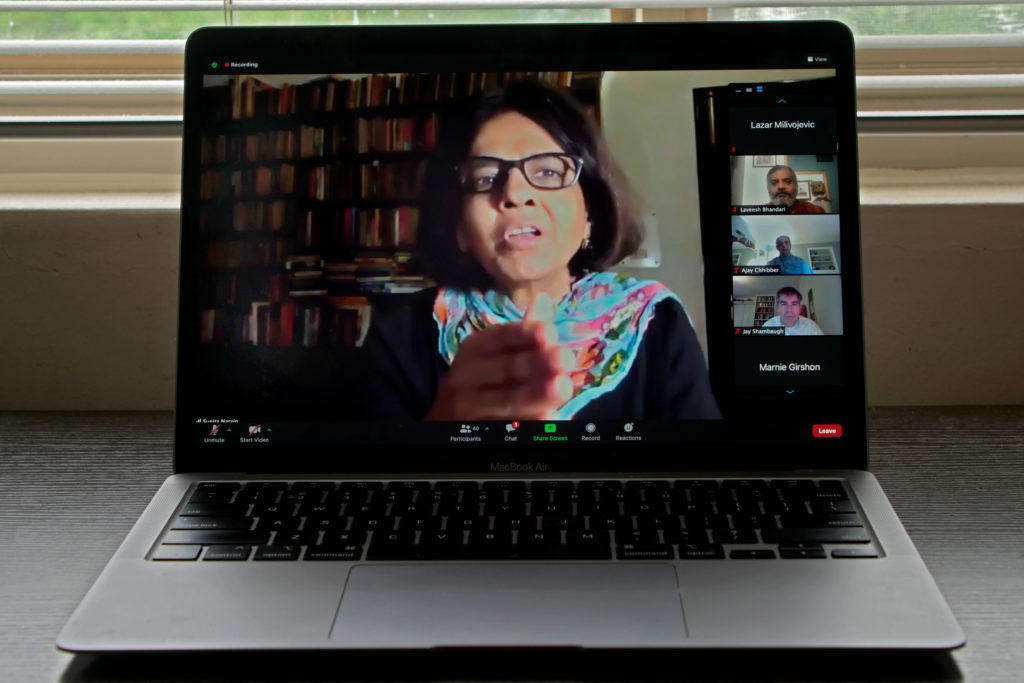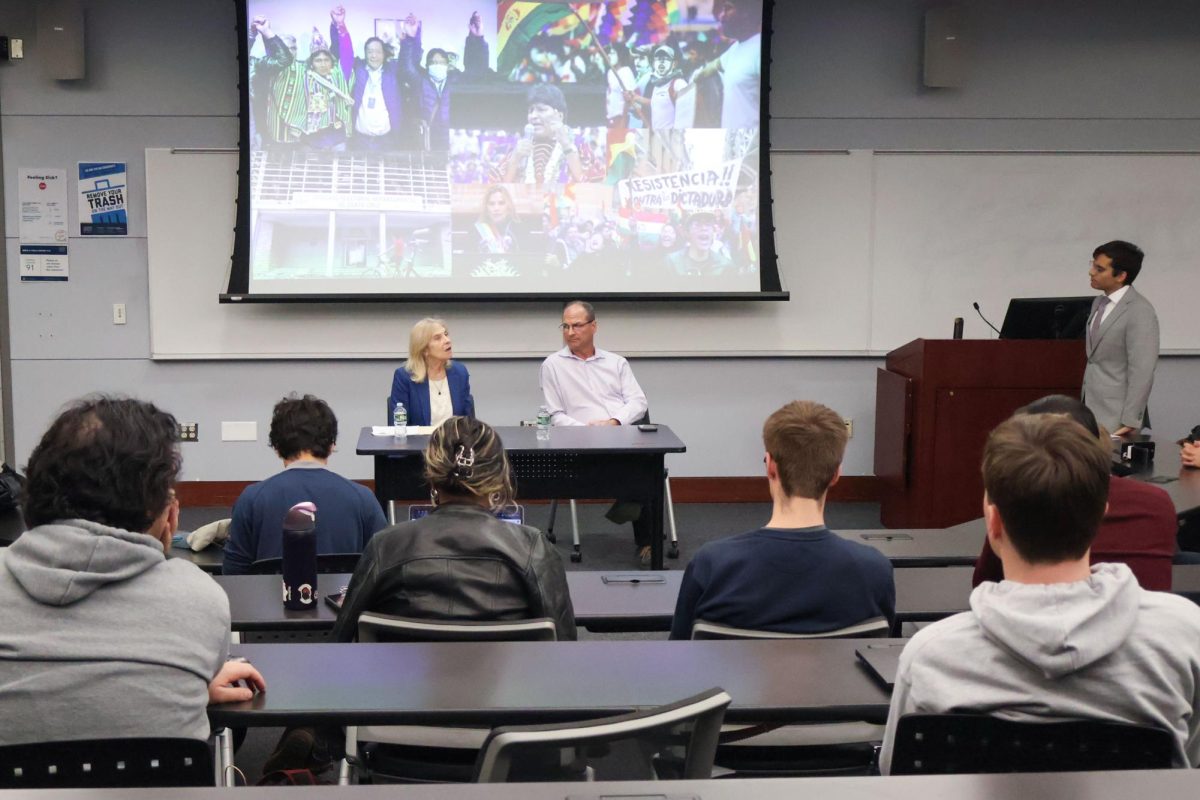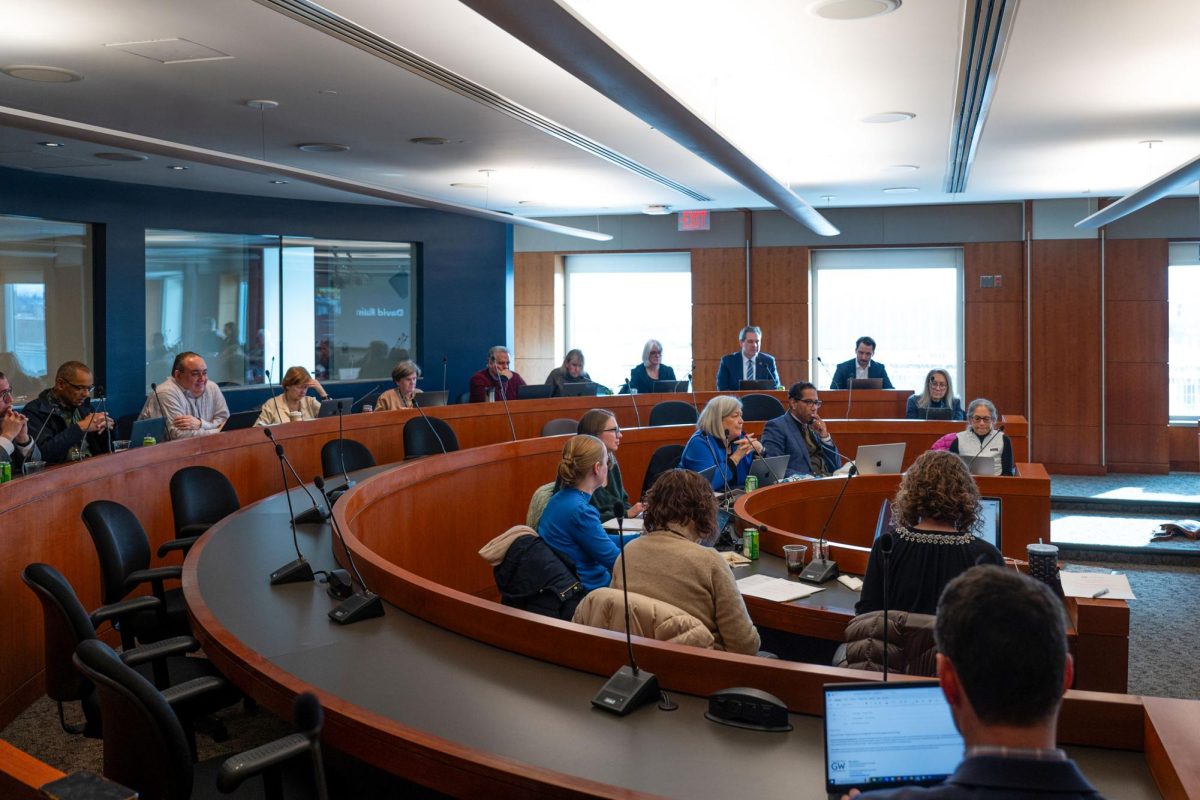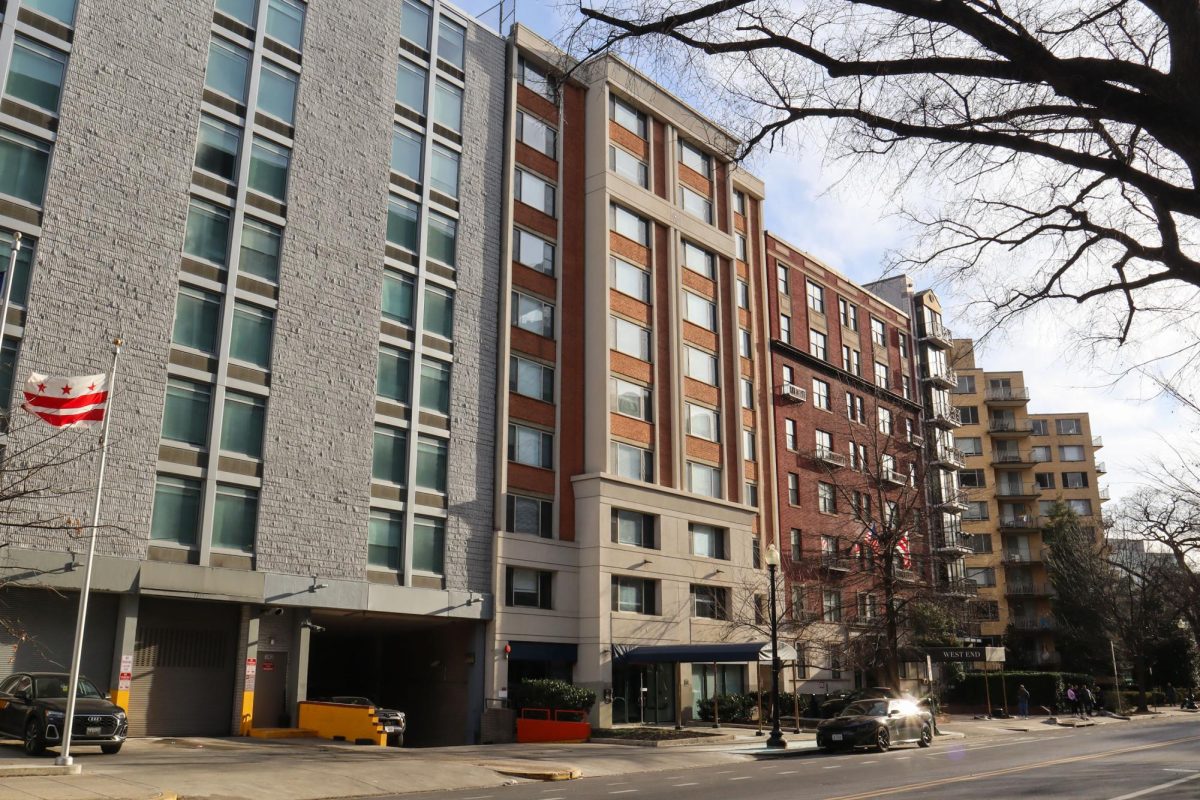A panel of Indian economists and activists discussed India’s COVID-19 outbreak and environmental crises during a virtual event Wednesday.
The panelists addressed health concerns India faces from climate change and the spread of the coronavirus, prompting solutions like governmental reform and improvements for sanitation infrastructure. The Institute for International Economic Policy and the Sigur Center for Asian Studies hosted the event – which was moderated by Jay Shambaugh, the co-director of the institute.
Sunita Narain, the director general for the Centre for Science and Environment, said India is facing conditions similar to an “apocalypse” as devastating coronavirus outbreaks in the country have left at least a quarter of a million people dead. She said Indians need to understand why the country failed to effectively fight COVID-19 in order to ensure the country is ready for larger issues like climate change.
“There’s a human tendency to say ‘let’s not discuss the causes, let’s not discuss the fundamental reasons right now – right now we just need to talk about how we move ahead,’” she said. “You can only move ahead when you understand the nature of the crisis that has brought you to this.”
Narain said in addition to the pandemic, India is facing an imminent crisis in climate change due to its dependence on the monsoons, which have become increasingly inconsistent every year. The monsoon season, which runs from June to September, is vital for the growth of crops like rice and soybeans as a decrease in crop production harms India’s economy, she said.
Laveesh Bhandari, a senior fellow at The Centre for Social and Economic Progress, said he fears the Indian government will be unable to respond to climate change issues as it failed to listen to experts during the COVID-19 outbreak. He said the government needs to be able to listen to both global experts and those in the Indian private sector in order to adequately solve large-scale climate issues.
“What we did not do in the case of COVID, we haven’t been doing in the case of the environment,” he said. “That’s something that we know is a classic problem: we are unable to work with the private sector, we are unable to listen to expertise.”
Bhandari said India’s ineffective response to the pandemic is partially to blame as too much power is centralized with the prime minister, complicating the country’s ability to address mass health emergencies like the COVID-19 outbreaks. He said India needs more local forms of government, like mayors in cities, that allow for a more specialized response to crises depending on the region.
“Essentially, the Indian constitution still tends to follow a very basic, colonial style of power allocation,” he said. “I think we do need to get into a more disaggregated mode, and one important part of that is, for the cities at least, a mayoral form of government at the city level.”
Muthukumara Mani, a lead economist for the World Bank, said water contamination and health problems caused by climate change may have directly affected India’s COVID-19 crisis by further weakening Indians’ health and worsening symptoms. He said environmental sanitation programs like Swachh Bharat, which aims to safely manage waste throughout India, are effective but not enough to handle India’s environmental problems.
“Air pollution continues to be a major challenge in the country and may have even exaggerated the COVID impacts,” he said. “Although we have made some progress in sanitation through the Swachh Bharat campaign, water quality continues to be of major concern and so is water security.”
Mani said resources in India should be used to assist in decreasing COVID-19 cases and to ensure vaccination availability for all Indians before taking on climate change issues and rebuilding its economy.
“The priority right now in India should be on health and health alone,” he said.








